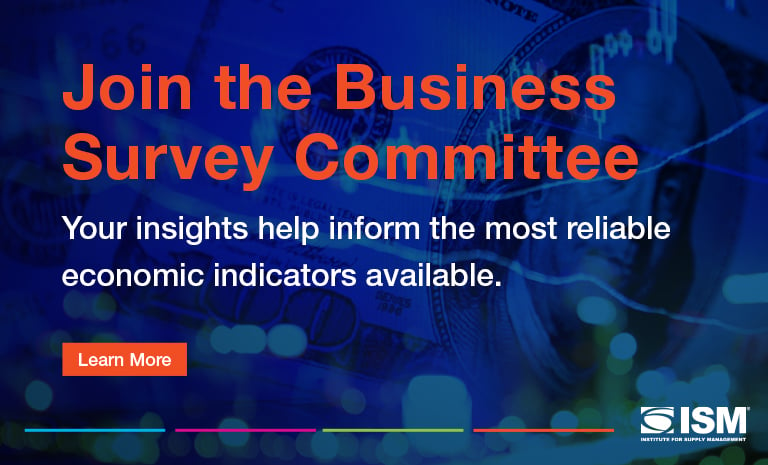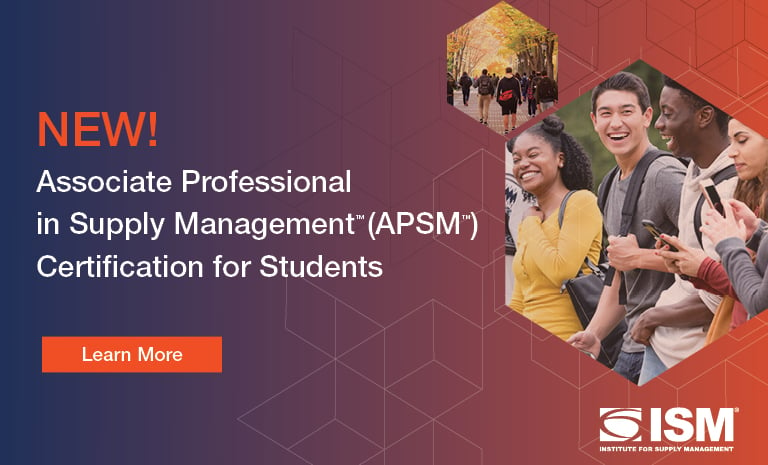Inside Supply Management Magazine
How to Navigate Thorny Ethical Paths

By Chris Martus
In science, the Anna Karenina principle is based on the opening sentence of Leo Tolstoy’s classic novel: “Happy families are all alike; every unhappy family is unhappy in its own way.” Meaning that in any situation with multiple dynamics, an optimal outcome can only be achieved if every factor is positive. In other words, if any factor is missing or inadequate, the entire system fails.
In business ethics, the Anna Karenina principle undoubtedly applies. In this sense, it can be rephrased as: “Ethical people and businesses are all alike; every unethical person or business is unethical in his or her own way.”
In today’s business environment, accounting and tax rules; workplace, social or diversity issues; environment and sustainability requirements; governmental compliance; and questions of supplier and customer fairness generate ethical tests every day. Failure to pass any single of one of these tests can bring our integrity as individuals or businesses in question. This is particularly true in the supply management profession. As the pace of business increases, new and unforeseen situations arise, and we often have little time to review or contemplate risks and pitfalls. That leaves us vulnerable to ethical lapses and questionable decisions.
Humans are experts at rationalizing behavior, especially when under stress or time pressure. Most people agree that cheating is wrong; however, most high school students would admit to copying a classmate’s homework or committing some other ethical lapse of judgement. In business, we are routinely confronted with large and small tests of our judgement. The road to unethical behavior can be paved with good intentions. But innocent or innocuous choices can lead us down a much more dangerous path, especially if a situation is not clear, or we receive contradictory or inconsistent clues from our environment, colleagues or business associates. Questions of business ethics are rarely black and white — or consistent across businesses, cultures or industries.
Corruption is Constant Threat
In 2011, Transparency International published its Bribe Payers Index (BPI), which ranked 28 countries on perceived likelihood of companies from these countries paying bribes. The Netherlands ranked best and Russia worst; the U.S. was 10th. The BPI also ranked industries, with agriculture, light manufacturing and civilian aerospace best, and utilities and construction worst. Corruption exists in every culture, company, country and industry. The first steps to limit corruption are (1) to acknowledge it exists everywhere, (2) identify it when it occurs and (3) address issues as they arise.
Our reputations as professionals and businesses are our most valued possessions. An ethical breach or misstep is not a prerequisite for damage to be caused. We are all judged on perceptions, and perception can be reality. This is particularly true for supply management professionals who are the face of our companies to suppliers and serve as an intermediary between our employees and supplier community. An important role of our profession is to protect the reputation of our companies, and this involves us not only managing our own actions and those of our teams. We must also guide the actions of employees and how they deal with suppliers. Any misstep or misdeed among anyone in the organization — either on purpose or by accident — can have a negative impact. Supply management must often find itself as both the conscience and the policeman of the organization.
Navigating such a complicated and rapidly changing environment is not as daunting as it might seem. The first step is to set clear ethical standards for your company. The ISM Principles and Standards of Ethical Supply Management Conduct provides clear direction for our profession. Similarly, most companies and organizations have a code to provide direction and guidance. It is important to review these requirements at least annually. The more often we contemplate and reflect on these objectives, the easier it is to integrate them into our day-to-day activities. This helps us chart a path through a complicated business environment. You can’t navigate unless your moral compass is set to true north.
Leverage Your Experience
Codes are not roadmaps, however. They can broadly guide us but cannot address every situation, issue or dilemma. Gray ethical areas can only be addressed through experience, engagement with trusted colleagues and thought and introspection. Experience is largely the process of learning to trust a feeling that something isn’t quite right and requires additional thought or discussion.
When confronted with an ethical question, what should you do?
Think it through: The first thing is to slow down, think, ask questions and resist being forced into action or decision. One of the most difficult things to do in the heat of a situation is to stop or slow down, particularly if the group, negotiation or situation has momentum. If your gut tells you something isn’t right, have the confidence to probe further. This takes the kind of courage integrity is built upon.
Talk it through: Develop a group of colleagues you can trust to bounce off ideas, play devil’s advocate and work through issues. Having a support group with different perspectives and expertise can be invaluable when working through ethically challenging situations. The inability to share details or easily articulate an ethical conflict is usually a telltale sign of its seriousness. In fact, sometimes the act of describing the situation aloud can itself be useful when thinking through a thorny ethical issue.
Be humble: Don’t assume you know more than you do. The hubris of overconfidence in the face of an ethical situation can be dangerous. Questioning yourself will show your openness and vulnerability, which builds trust and credibility with your teams and confidants. In fact, as a manager, one of the best teaching tools is to discuss and work out ethical questions with your team, as it will ingrain a positive ethical approach.
Ethical conduct isn’t difficult. It just takes discipline, awareness and the ability to question and challenge situations that do not conform to your ethical standards. In the end, all ethical people are alike; they work at it every day.
Chris Martus is vice president, procurement at The Mosaic Company in Lithia, Florida, and is a member of Institute for Supply Management®’s Ethical Standards Committee.


